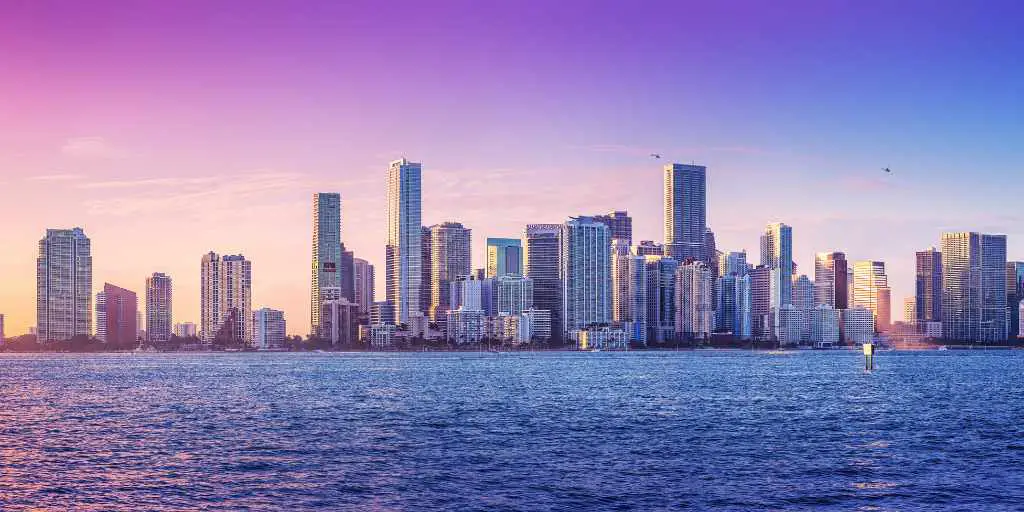Bartending is often regarded as a glamorous profession where mixology and customer service take centre stage. However, there’s a crucial aspect that often goes unnoticed – food safety.
In this comprehensive article, we will delve into the topic of do bartenders need to have a food handlers card, emphasizing the importance of food safety within the industry and guiding you through the process of obtaining one.
Key Takeaways
- Food handler cards are certifications that signify an individual’s competence in safely handling and serving food.
- Bartenders may be required to have a food handler card, depending on state regulations.
- Obtaining a food handler card voluntarily can enhance employability and demonstrate a commitment to food safety.
What is a Food Handler’s Card?
Before we dive into the specifics of food handler training for bartenders, let’s establish a foundational understanding of what a food handler’s card entails. Food handler cards are issued to individuals who have completed training programs in safe and proper techniques for food handling procedures.
- A food handler card is a certification that signifies an individual’s competence in safely handling and serving food.
- It covers topics such as basic food handling procedures, temperature control, cross-contamination prevention, personal hygiene, and more.
- These cards are an integral part of food safety training, ensuring that food service workers know how to properly handle food properly, reducing the risk of foodborne illnesses.
What is Food Manager Certification?
Food Manager Certification takes food safety training to the next level and is often considered the next step for those already holding a food handler’s card. It goes beyond the basics and dives deeper into the intricacies of maintaining food safety in a commercial environment.
- A food manager is responsible for overseeing and ensuring the safe handling of food in a food establishment.
- This certification covers topics like food equipment, food contact surfaces, and safe food handling.
- It’s often necessary for restaurant managers and those in leadership positions within the food industry.
Are Bartenders Required to Have a Food Handler’s Card?
The heart of the whole course of our discussion revolves around whether bartenders are legally obligated to have a food handler card. The answer to this question varies depending on state and local regulations.
- State regulations dictate whether bartenders are required to have a food handler card.
- The division of responsibilities between alcohol service and food handling plays a significant role in these requirements.
- Some states may exempt bartenders or provide exceptions based on the extent of food service in the establishment.
How To Get a Food Handler Card
If you’re considering an online course or obtaining certification, here’s a step-by-step guide on how to go about it. Knowing the process can make the journey smoother and help you fulfil your legal obligations.
- Start by choosing a certified training provider that offers a food handler training course.
- The course typically covers various modules and ends with an examination.
- After successful completion, you’ll receive your card, which will need periodic renewal to stay valid.
Should You Get a Food Handler Card Even if It’s Not Required?
Even if your state doesn’t mandate a food handler card for bartenders, there are compelling reasons to consider getting one voluntarily.
- Voluntarily obtaining a food handler card enhances your food safety knowledge.
- It can significantly improve your employability and earning potential in the industry.
- Possessing a food handler card provides a competitive edge, assuring employers of your commitment to safe food handling.
What Can I Expect to Learn from Food Safety Training?
Food safety training program equips individuals with essential knowledge and skills beneficial in various aspects of the food service industry.
- Food safety courses cover core concepts such as preventing foodborne illnesses, safe food handling practices, and Hazard Analysis and Critical Control Points (HACCP).
- Understanding these principles is crucial for anyone involved in food service, including bartenders.
How Much Does a Food Handler’s Card Cost?
Understanding the cost of obtaining a food handler card is vital to budgeting to receive food handler training. The expenses can vary based on factors such as the type of training and location.
- Costs can differ significantly between online training and in-person training.
- Some providers offer discounts, group rates, and additional costs for expedited services.
- Research your options and select a program that suits your needs and budget.
How Long Is a Food Handler Course?
The duration of food handler courses can vary. Understanding the time commitment involved is essential for those considering certification.
- On average, a food handler training course can be completed in a few hours.
- You can choose between self-paced or scheduled courses, depending on your availability.
- Some programs offer accelerated or extended learning options to accommodate different learning styles.
Can You Use Food Service Licenses in Other States?
Understanding whether your food handler card or certification is valid in other states if you plan to work with food trucks in different locations.
- Interstate recognition of food handler cards varies, and some states may accept certifications from others.
- Transferring your certification to a new state depends on local regulations.
- Be prepared for potential additional requirements when moving your food service credentials across state lines.
How Long Is a Food Handler’s License Valid?
Ensuring the validity period of your food handler card is essential to comply with regulations and maintain your certification.
- Food handler cards typically have a set validity period, after which they require renewal.
- Renewal procedures and requirements can differ, so make sure you understand what’s needed to keep your card up to date.
- Letting your food handler card expire can have consequences, including potential fines and penalties.
Conclusion: The Significance of Food Handler Cards for Bartenders
In the world of bartending, a food safety course is paramount. Whether you are legally required to obtain a food handler card or choose to do so voluntarily, it’s a testament to your commitment to the well-being of customers and the industry. Food safety training, as encompassed by these certifications, is a crucial component of bartending professionalism.
FAQ
Do bartenders need a food handlers card in most states?
Yes, because they are involved in serving food, they generally are considered food workers. The requirements for bartenders to have a food handler card vary by state. Some states mandate it to serve food only, while others exempt bartenders or provide exceptions based on the extent of food service in the establishment. (source)
Can I use a food handler card obtained in one state in another state?
Generally, cards issued in one state are only valid there. The validity of a food handler card obtained in one state in another state depends on the recognition and reciprocity agreements between the two states. Some states may accept out-of-state certifications, while others require additional training or testing.
What are the benefits of obtaining a food handler card as a bartender?
Obtaining a food handler card as a bartender enhances your food safety knowledge and proper training, improves your employability, and provides a competitive edge in the industry. It demonstrates your commitment to safe food-handling practices.
How long is a food handler card valid, and what happens if it expires?
Food handler cards typically have a set validity period, which varies by state. If your card expires, you may be subject to fines or penalties. It’s essential to renew your food handler card fast and within the specified timeframe to maintain compliance with regulations.
Do you need a food handler’s card to be a bartender in California?
In California, bartenders are generally not required to have a food handler card. However, some counties or local regulations may have specific requirements, so it’s advisable to check with the local health department for precise guidelines. (source)
Who needs a food handlers card in California?
In California, individuals who work in roles directly involved in the preparation, storage, or service of unpackaged food typically need a food handler card. This includes kitchen staff, food servers, and those handling food equipment. (source)
Who needs a food handlers permit in Texas?
In Texas, food handler permits are typically required for individuals who work with unpackaged food, handle food equipment, or engage in any food preparation or serving activities.
This requirement applies to restaurant employees, including managers, food service workers, and kitchen staff. (source). For more information on Texas food regulations, see this article.
Do bartenders need a food handler card in NYC?
In New York City, bartenders are required to have a food handler card. The responsibility for food safety typically lies with kitchen staff and those directly involved in food preparation. (source)




